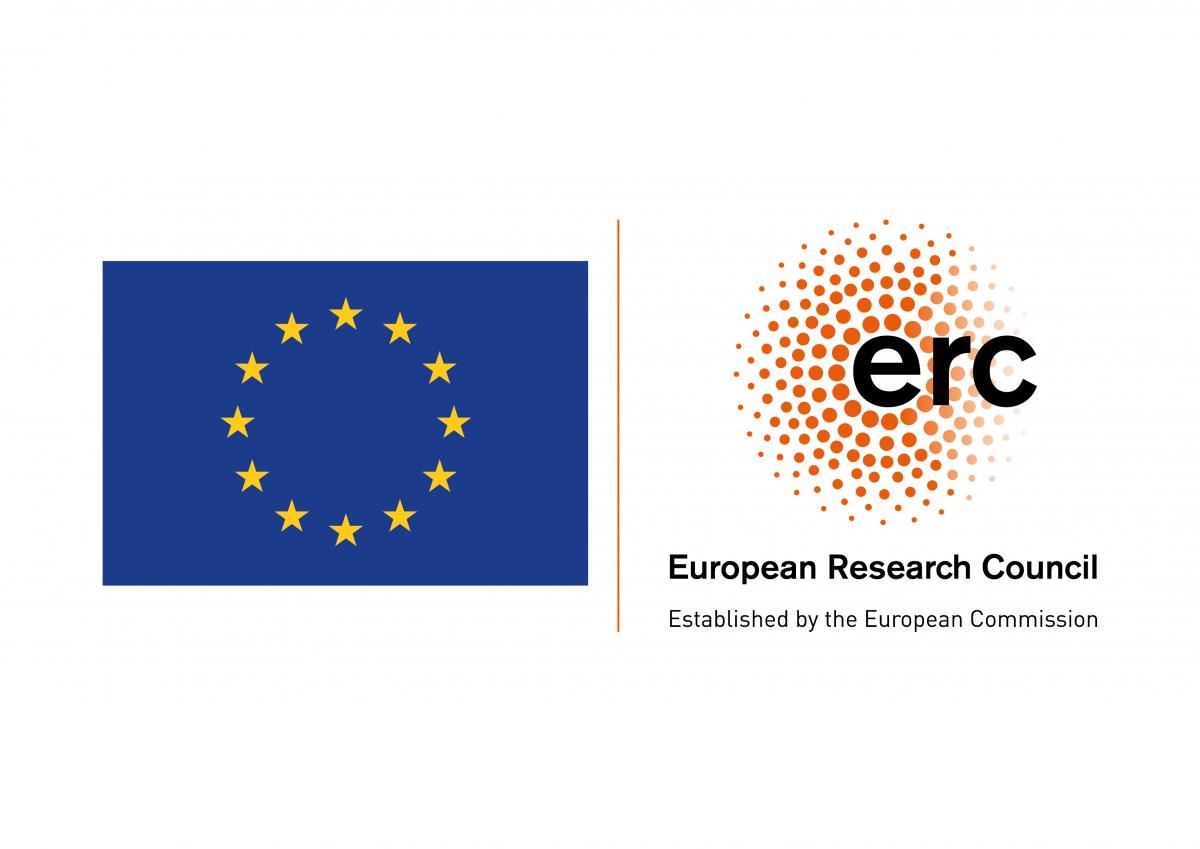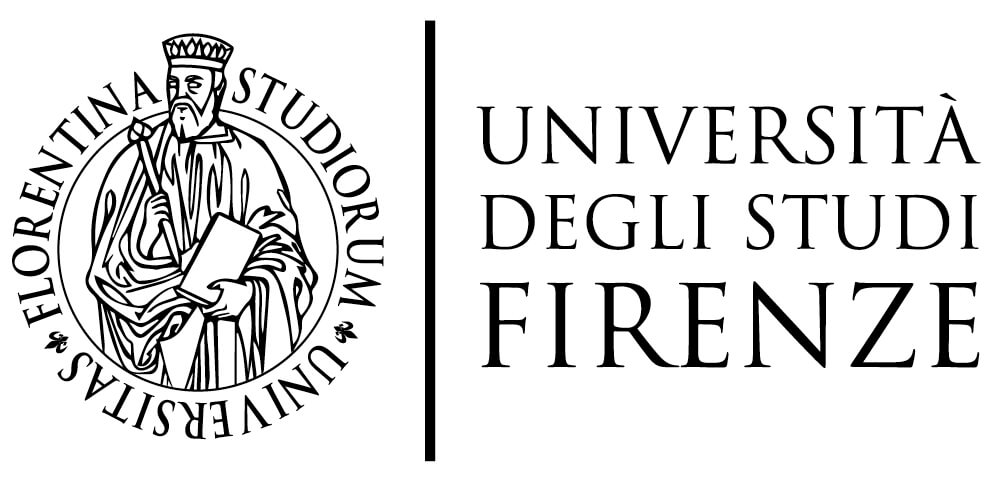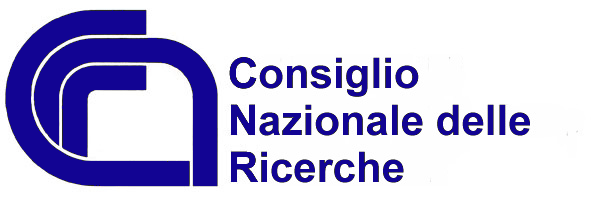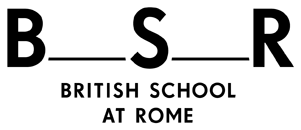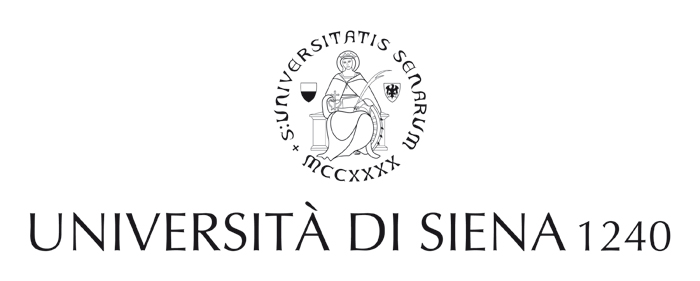Team
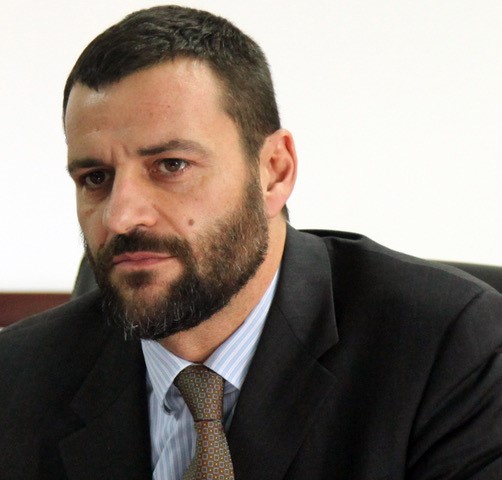 Professor Stefano Campana
Professor Stefano Campana
Stefano Campana has been working for the past fifteen years at the University of Siena (Italy) and the University of Cambridge (UK). He is specializing in landscape archaeology, remote sensing and archaeological methodology for purposes of research, recording and conservation. His work is focused on the understanding of past landscapes from prehistory (1st millennium BCE) to the early middle age (1st millennium CE). The principal cultural context for his work has been Tuscany but he has also participated in and led research work in the UK, Spain, Turkey, Palestine, Iraq and Asia. Since 2006 he has been a faculty member of the University of Siena (Italy), in the Department of History and Cultural Heritage, where he has engaged in teaching and research as associate professor in Landscape Archaeology. From 2016 he has also been invited from the Department of Social, Political and Cognitive Sciences of the University of Siena to teach “Cultural Diplomacy and Archaeology” within the international master course in Cultural Diplomacy. From September 2014 to June 2016 he became Senior Research Fellow at the University of Cambridge (UK), Faculty of Classics. There, he initiated a totally new project under the title ‘EMPTYSCAPES’, aimed at stimulating change in the way archaeologists in the Mediterranean world study the archaeology of landscapes, moving from an essentially site-based approach to a truly landscape-scale perspective.
He has established a sound reputation as an international authority in the field of landscape and digital archaeology. I have promoted concepts such as ‘emptyscapes’ and the ‘archaeological continuum’ within rural studies and have demonstrated their relevance to theoretical and practical approaches within Mediterranean archaeology, notably through the systematic application of large-scale geophysical survey, aerial exploration and air photography, including the use of drones and drone-based lidar.
In 2011 he was proposed and admitted as a Fellow of the Society of Antiquaries of London (FSA) and in 2012 he was invited to be a member of the General Management Board of HIST, the Governing Board of the International Centre on Space Technologies for Natural and Cultural Heritage, under the auspices of UNESCO and the Chinese Academy of Sciences.
He was invited as visiting professor in 2014 at University of Lund, Department of Archaeology (Sweden), in 2016 at École Normale Supérieure (Paris), in 2017 at the Institute of Archaeology of Erbil (Erbil-Iraq) and in 2020 at the University of Bucharest, Faculty of History.

